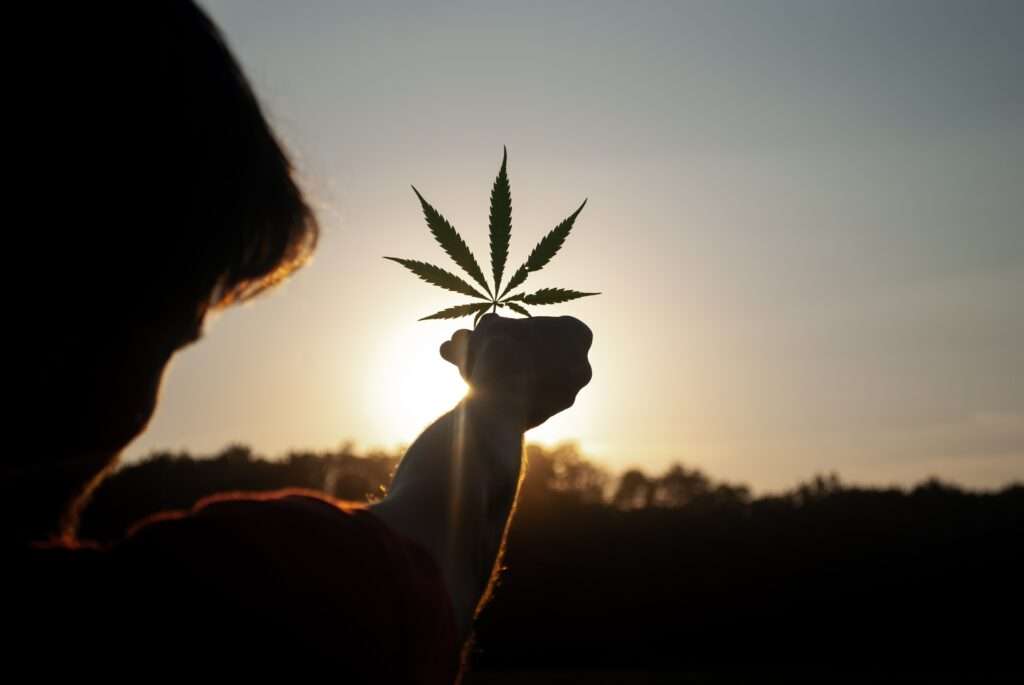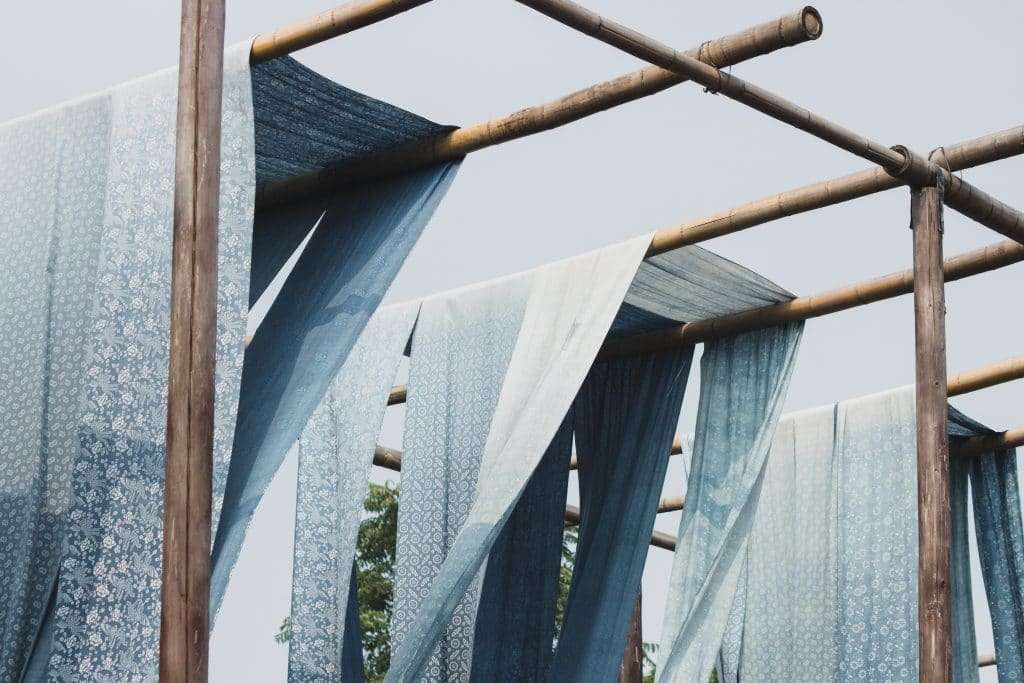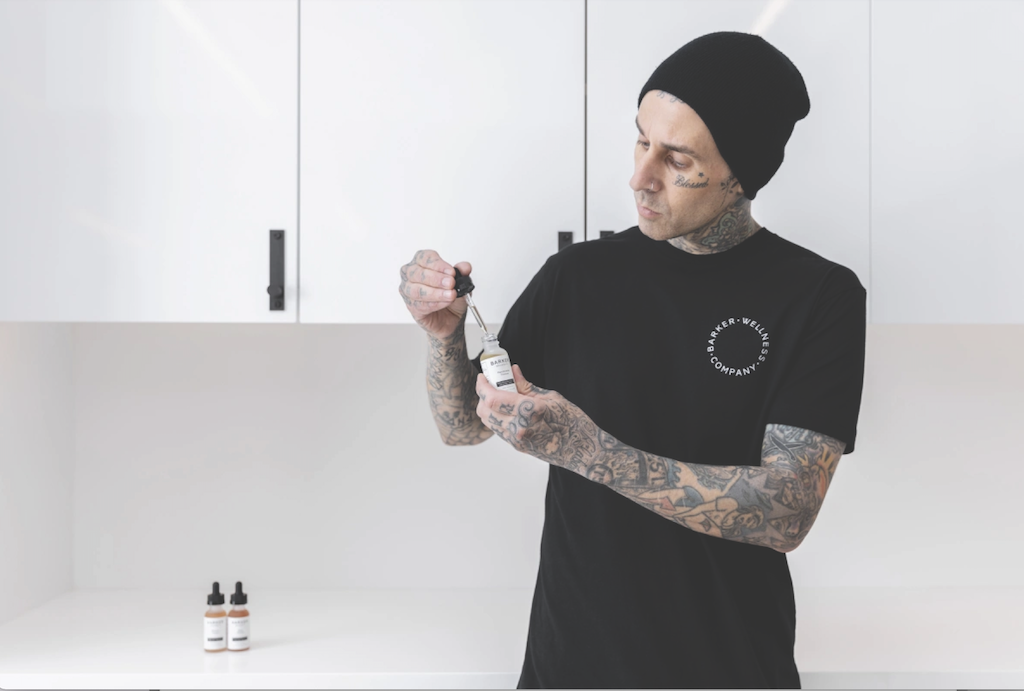Hemp has the potential to play a significant role in creating a more sustainable future. Here’s how industries from CBD oil and fashion to construction are exploring its benefits.
Hemp is a type of plant in the Cannabis family that is grown for its various uses, including the production of CBD (cannabidiol). CBD is a non-psychoactive chemical compound found in hemp and marijuana plants and has been shown to have a range of potential health benefits, including reducing anxiety and inflammation.
In addition to its potential health benefits, hemp is also known for its environmental benefits. Hemp requires less water to grow than many other crops and can be grown in different climates, making it a sustainable and environmentally friendly option. It also can restore soil health, as it helps eliminate weeds and pests and can be used as a natural fertilizer. These qualities make hemp a promising option for reducing the carbon footprint of various industries. The U.S. is expected to generate the highest cannabis revenue, at around $33.88 billion in 2023. As the demand for sustainable practices in various industries continues to rise, the cultivation of hemp stands out as a viable solution, contributing not only to economic growth but also to the overall ecological balance.
Hemp as a sustainable crop
Hemp is a highly sustainable crop that requires only about 20 inches of water per year, making the plants well-suited for drought-prone areas.
In addition to being water-efficient, hemp can also be grown in a variety of climates, making it a versatile and adaptable crop. It can be grown in a range of soil types, including nutrient-poor soil, and is resistant to pests and weeds, which means that it can be grown without the use of harmful pesticides and herbicides.

Not only is hemp sustainable to grow, but it also has the potential to restore soil health. As the hemp plant grows, it helps to eliminate weeds and pests, making it a natural pest control option. Additionally, hemp plants produce natural compounds that can be used as a fertilizer, helping to improve soil quality and increase crop yields.
Overall, hemp’s low water usage, versatility, and ability to improve soil health make it a highly sustainable and environmentally friendly crop. These qualities make it a promising option for reducing the carbon footprint of various industries.
CBD oil benefits
CBD oil is a product made from the extracts of the hemp plant and is known for its potential health benefits. It has been shown to have anti-inflammatory properties and may help to reduce anxiety and stress, improve sleep, and alleviate pain. Additionally, some people have reported benefits from CBC oil — the third most abundant cannabinoid in the hemp plant.
There are a wide variety of CBD oil products available on the market, and it’s important to choose a high-quality product to ensure that you are getting the maximum benefits. Look for CBD oil products made from organically-grown hemp, are third-party tested, and have a certificate of analysis (COA) available.
Make sure to go through reliable reviews online. Australia’s Hinterland Co., for example, offers extensive information about cannabis as well as unbiased and actual user reviews of CBD products. As you narrow down your choices, check that the manufacturer of your choice is genuinely committed to sustainability and transparency.
CBD is available in creams, lotions, and other topical items. These products are believed to treat muscle aches and soreness. Some topical CBD products contain beneficial botanicals like arnica to provide you with a soothing feeling on your skin. For instance, Woven Earth offers good-quality CBD cream and other related items for pain relief and other health benefits.
Sustainable uses of hemp
Hemp is not just about CBD. It is a highly sustainable crop that has a range of potential uses in various industries. Its low water usage, versatility, and ability to restore soil health make it a promising option for reducing the carbon footprint of different industries.

Fashion
Hemp fibers can be used to create a variety of clothing and accessories, including shirts, pants, dresses, shoes, and bags. Hemp is a durable and sustainable alternative to traditional textile materials like cotton and polyester, which require large amounts of water and chemical inputs to grow and produce. Companies like Patagonia and ASOS are leading the way in sustainable fashion by incorporating hemp into their product lines.

Construction
Hemp can be used as a building material in the form of hempcrete, which is made from the woody inner core of the hemp plant mixed with a lime-based binder. Hempcrete is a sustainable alternative to traditional building materials like concrete and wood, as it has a lower carbon footprint and is more energy-efficient to produce. Companies like American Hempcrete are pioneering the use of hemp in construction.

Packaging and plastics
Hemp-based bioplastics are a sustainable alternative to traditional plastics, as they are biodegradable and can be produced using fewer resources. Companies like Canopy Planet and Hemp Plastic Company are leading the way in the production of hemp-based bioplastics.

Beauty
Hemp finding its way into the sector in a number of iterations. Velour recently created biodegradable lashes from hemp, and CBD oil is now found in a number of skincare and body care products. Just like CBD offers calming support for mood, it can bring similar benefits to skin. Travis Barker has embraced its benefits for pain relief as well with topical CBD products in his Barker Wellness line of products.
Food
Aside from CBD-derived capsules, gummies, and other products, many people also use hemp as a superfood. For example, hemp seeds can produce flour, an essential ingredient in making different recipes. The best thing about hemp seeds is they’re rich in protein, essential fatty acids, and other nutrients, such as calcium, iron, potassium, and zinc. Because of this, hemp flour can be nutritious and easily digestible.
Hemp seeds can also be used as a healthier dairy alternative. You just have to grind the hemp seeds with water to maximize the health benefits.
Related on Ethos:


